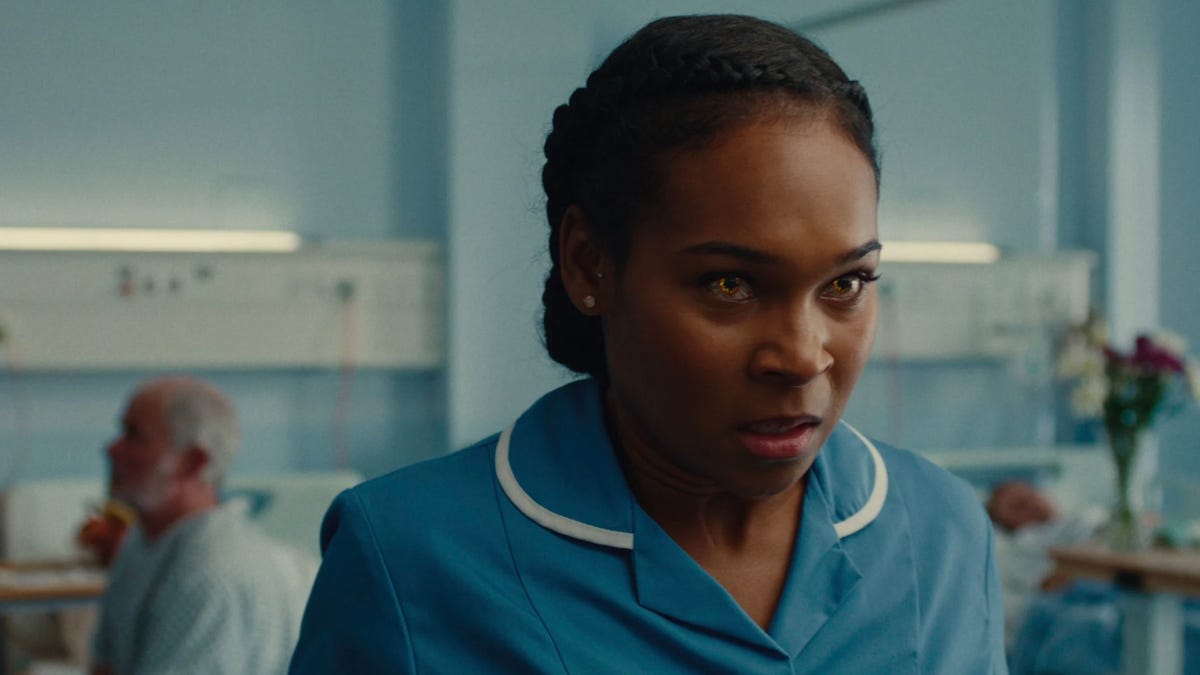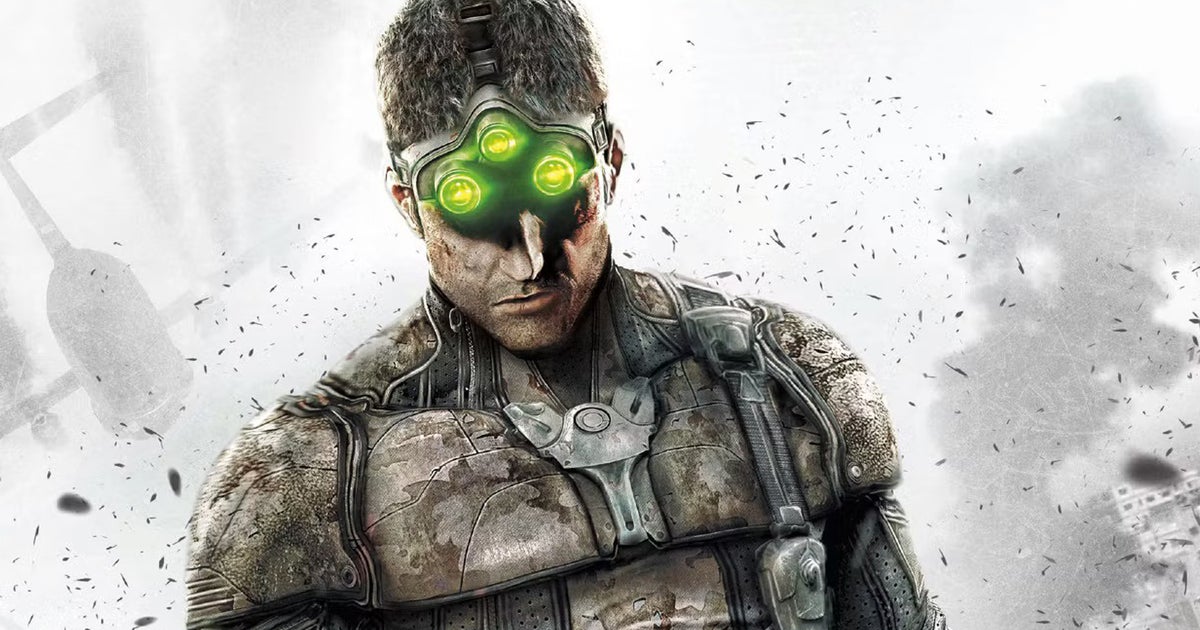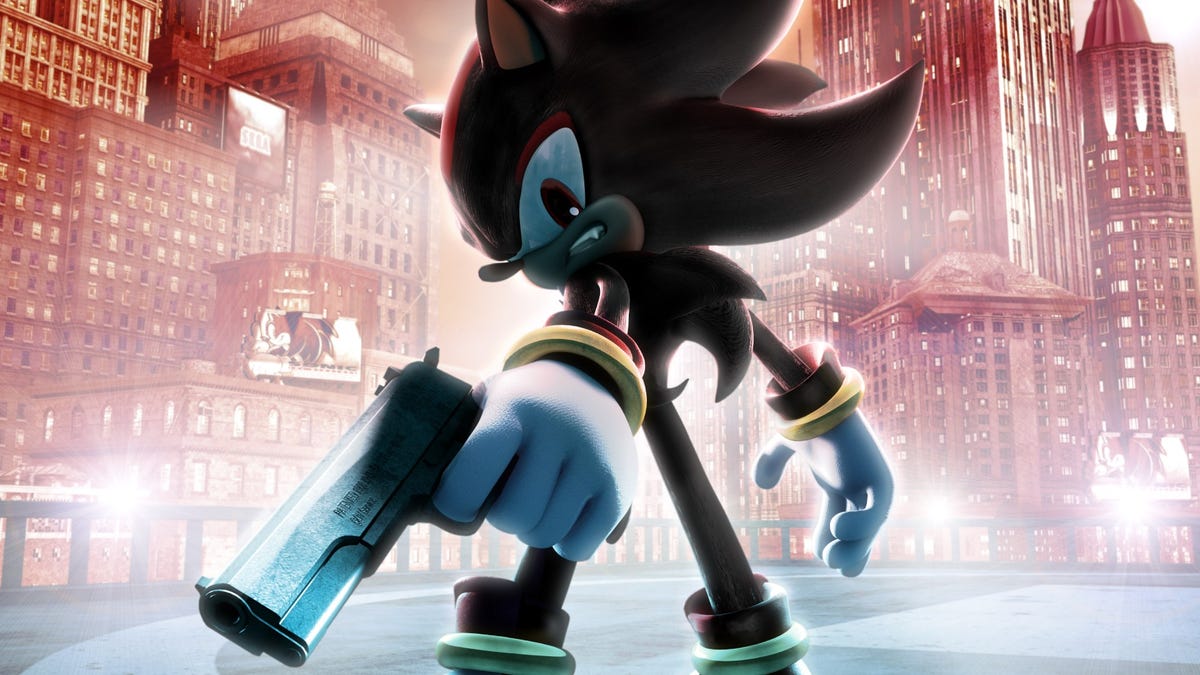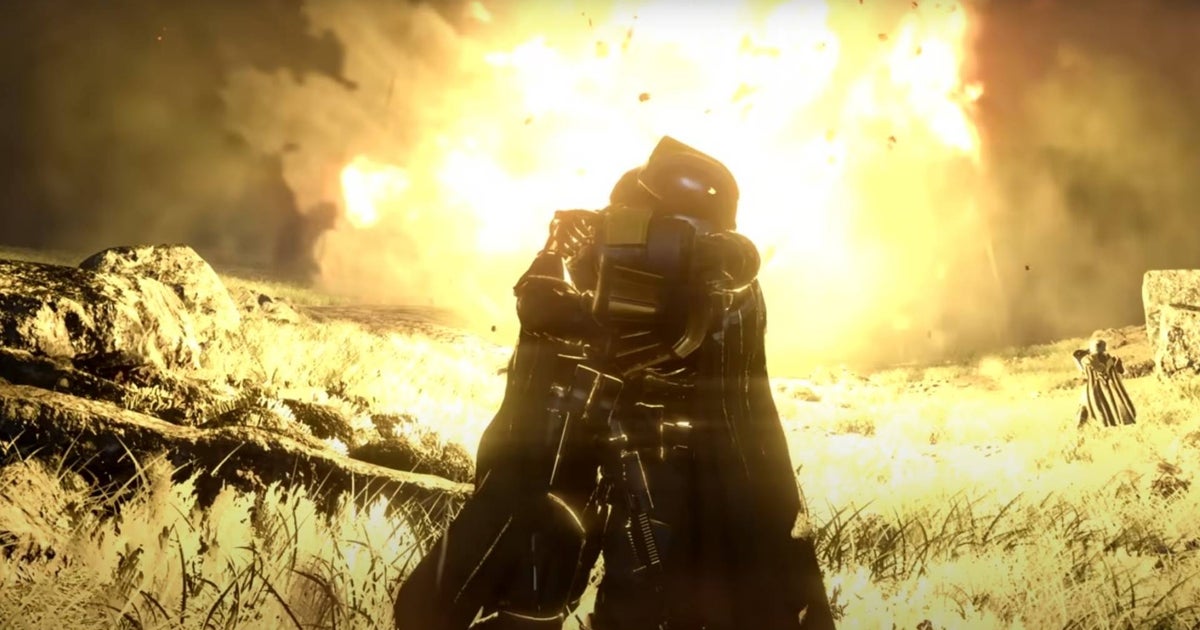The first two episodes of Supacell could have focused more on Sabrina (Nadine Mills) and the other women in the series. Instead, they’ve mostly served as supporting characters to the male narrative. So I’ve been waiting for Sabrina’s episode, as it puts her struggles with superpowers in the spotlight. And it turns out she does what many of us would do, especially as a healthcare worker – she consults a doctor to have her brain examined.
A powerful story for Sabrina – almost
Sabrina’s powers – the ability to push and move objects or her telekinetic abilities – often express themselves in anger. While it’s important to explore the history of black women being socially inept at expressing anger in a superhero story, it’s frustrating to see that Sabrina’s powers and the fear that comes with them also make her careless and absent-minded. It’s annoying to see this stereotype as a big part of the only non-male main character’s powers and story.
Dionne: She does not have her fate in her own hands
The episode also focuses more on women, as it follows Dionne (Adelayo Adedayo) on her workday away from Michael (Tosin Cole). In her role as a social worker, Dionne further connects threads between superhumans when she discovers information about a missing woman who was not acting human.
However, when Dionne continues her investigation and fills Michael in, he brushes her off and argues with her about her involvement while refusing to tell her the real reason for his concern and anger: that he saw her tombstone. He denies Dionne the opportunity to decide for herself about her survival, and that makes our superhero golden boy entirely less appealing. It’s hard to root for him when you look at the series from a feminist perspective.
Cliffhanger resolved
The second episode, which focused on Tazer (Josh Tedeku), ended on a cliffhanger and an imminent threat of violence. The third episode shows the resolution of that scene with a maze of surprises. This makes the story feel more cohesive and less episodic, which becomes increasingly important as Michael uses his time travel abilities more frequently. The tighter narrative allows Michael’s disorienting and disruptive powers to enrich the story rather than making it more confusing.
Acceleration and more “random” encounters
Michael’s powers also speed up the story, and we witness his confusion each time he tries to figure out how far ahead he has jumped.
As the series progresses, we see the characters almost meet each other, but then interact more directly with each other from episode to episode. In episode 2, we see Andre (Eric Kofi Abrefa) help Sabrina during a moment of absent-mindedness that could have turned fatal. These increasingly close connections show how closely the characters’ survival, safety – and possibly powers – can be intertwined.
Furthermore, the increasing presence of the villain Krazy (Ghetts) puts Sabrina into protective mode and escalates the overall level of violence. The villain exists to tie the characters’ stories together even more.
Lack of control: power at will
A theme Supacell has been explored since the first episode is the freedom of choice characters have over their powers. Some characters can control their powers at will in some cases. In other cases, these powers seem to act randomly when they are near another character or as a result of an emotional reaction.
This lack of control or agency in using the powers granted to them reflects the racial and socioeconomic concerns of all the characters discussed in the first episode. In doing so, series creator and executive producer Rapman makes a powerful statement about stratification in England and in general.
Sickle cell anemia is back in focus
After disappearing in episode two, the storyline surrounding sickle cell anemia returns in this episode. Michael again assists his mother at the sickle cell anemia clinic and Andre also talks to his son AJ (Ky-Mani Carty) about the disease. This again makes the connection between the name of the series and the disease, which, as AJ points out, primarily affects black people.
This confirms that the connection between the characters is genetic, although the name of the show also underscores how the characters depend on each other for survival, a message about the black community.
Table of Contents








